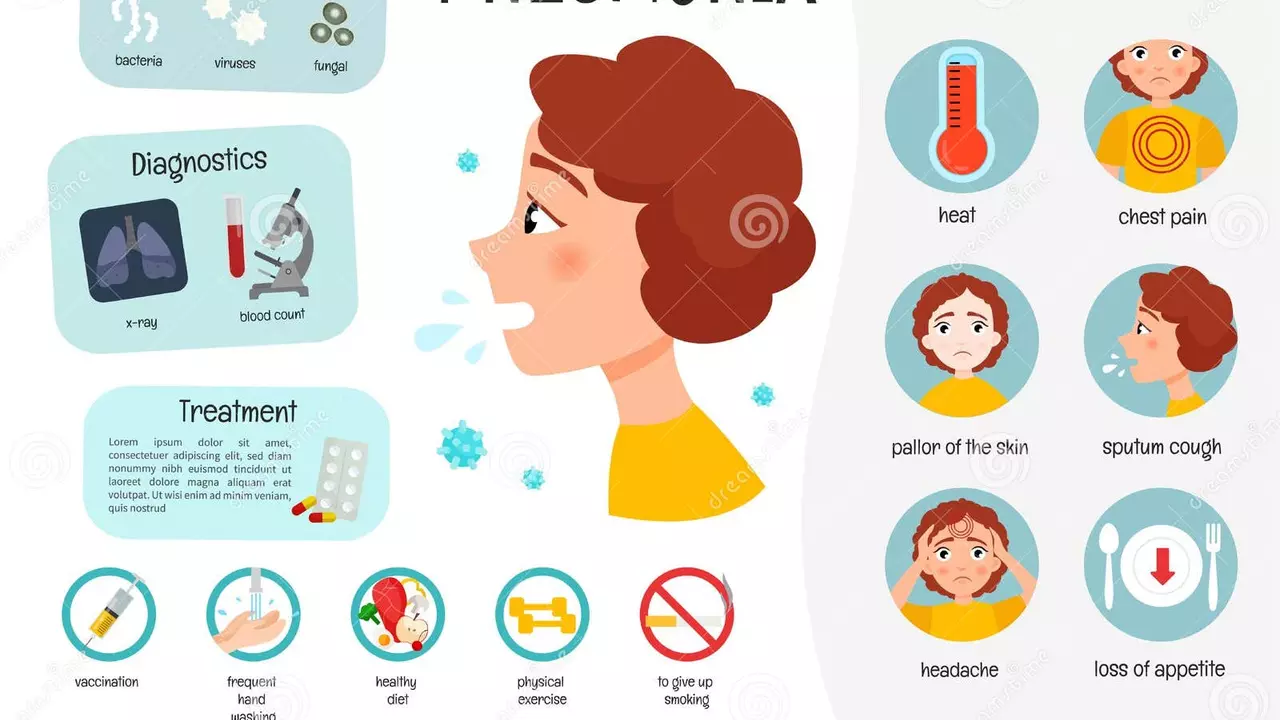Hypocalcemia Explained – What You Need to Know
If you’ve ever felt muscle cramps or a tingling sensation in your fingers, low calcium could be behind it. That’s hypocalcemia—when the amount of calcium in your blood falls below normal. Calcium isn’t just for strong bones; it helps nerves fire, muscles contract, and heart rhythm stay steady. When levels dip, you’ll notice it quickly.
Why Blood Calcium Drops
The body keeps calcium balanced through hormones, diet, and kidneys. Anything that messes with this system can cause hypocalcemia. Vitamin D deficiency is a top culprit because the vitamin helps your gut absorb calcium. If you spend most of your time indoors or avoid dairy, you might be at risk.
Problems with the parathyroid glands are another common cause. These tiny glands sit behind your thyroid and release parathyroid hormone (PTH), which tells kidneys and bones to raise calcium levels. Surgery, autoimmune attacks, or tumors can blunt PTH output, leaving blood calcium low.
Kidney disease also plays a big role. Kidneys convert vitamin D into its active form and filter excess phosphate out of the blood. When they fail, phosphate builds up and pulls calcium down, creating a double‑whammy effect.
Spotting the Signs
Symptoms show up fast because calcium is essential for nerve signaling. The most common warning signs are:
- Muscle cramps or spasms, especially in calves and hands
- Tingling or numbness around the mouth and fingertips (often called paresthesia)
- Fatigue and general weakness
- Dry skin or brittle nails
- In severe cases, irregular heartbeats or seizures
If you notice a mix of these, especially after a diet change or new medication, get your calcium checked. A simple blood test will tell you if you’re in the low range.
How Doctors Diagnose It
Doctors look at two main numbers: total serum calcium and ionized calcium (the active form). They also check vitamin D levels, PTH, and kidney function to pinpoint why the drop happened. Sometimes they order an ECG if heart rhythm issues are suspected.
Getting Your Levels Back Up
Treatment depends on how low your calcium is and what caused it.
- Calcium supplements: Over‑the‑counter calcium carbonate or citrate tablets are common. The dosage varies, but adults usually need 500–1000 mg of elemental calcium daily.
- Vitamin D: If you’re deficient, a doctor may prescribe vitamin D3 (cholecalciferol) or the active form calcitriol to boost absorption.
- Diet changes: Add dairy, leafy greens, almonds, and fortified plant milks. Pair calcium‑rich foods with a little fat—vitamin D is fat‑soluble, so it’s better absorbed that way.
- Treat the root cause: For parathyroid issues, surgery might be needed. Kidney disease requires specific medications and dialysis adjustments.
In emergency situations where calcium is dangerously low, doctors give an IV dose of calcium gluconate. It works fast to stop muscle spasms and stabilize heart rhythm.
When to See a Doctor
If you have repeated cramps, persistent tingling, or notice your nails becoming unusually weak, schedule a check‑up. Also reach out sooner if you’ve started a new medication—some diuretics and anticonvulsants can lower calcium without warning.
Regular monitoring is key for people with chronic kidney disease or after thyroid/parathyroid surgery. Keeping an eye on blood tests helps catch drops before they cause serious symptoms.
Bottom Line
Hypocalcemia isn’t something you want to ignore, but it’s usually manageable with the right mix of supplements, diet, and medical care. Knowing the signs, getting tested, and following a treatment plan can get your calcium back where it belongs—and keep you feeling steady and strong.

